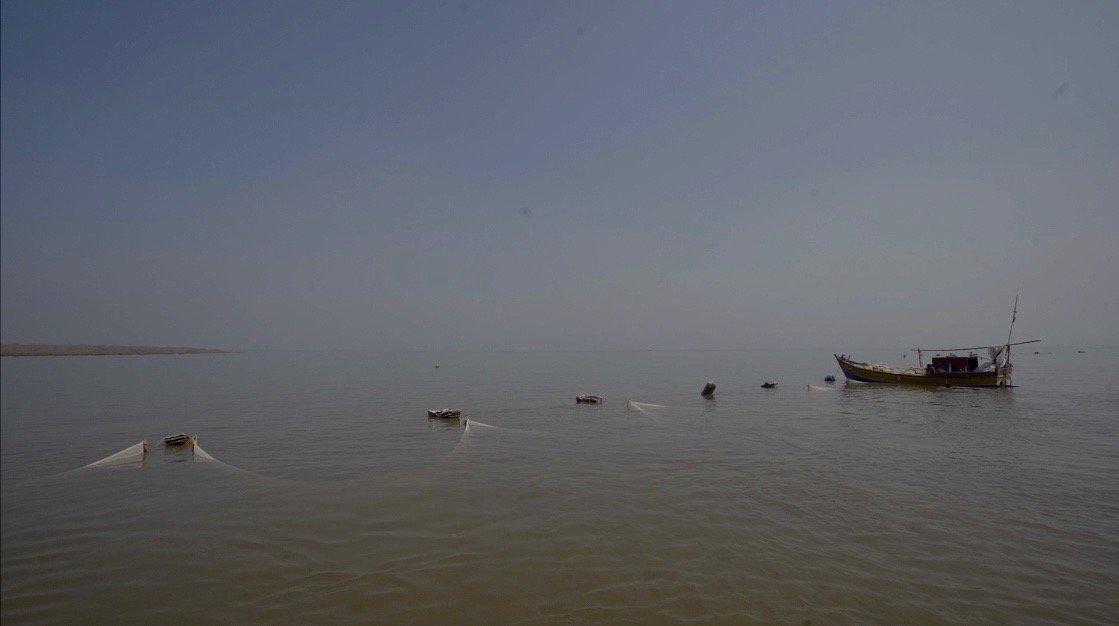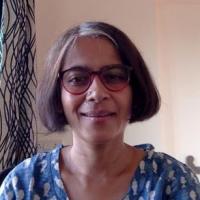Lalitha Kamath
- Paper
- Bio
Co-author: Gopal Dubey
Mumbai represents an archetypal case of entangled social, spatial and meteorological factors conspiring toward a watery future. India's financial capital, Mumbai's booming property market in urban land is founded on past capitalist projects of drainage, land reclamation and 'forgetting' of its watery history (Bhattacharya, 2018). This very success drives pollution, property-making and construction onward, endangering the city. This paper explores everyday embodied practices of the fishers of Trombay Koliwada that have fished for more than 500 years in Mumbai's Thane Creek to understand how they experience changes in Mumbai's weather, and seek to resist these processes.
Resistance here draws from indigenous knowledge systems of the Koli fishers in two ways. Traditional artisanal fishing practices entail sensing time and space differently. For fishers, time is measured by the rise and fall of water, not by standardized minutes, and is deeply connected to changing usage of spaces on land and in sea. This ecological sensing, assembled through fishing practice, informs the conceptualization of a sponge urbanism that is opposed to one where only property relations are valued. This indigenous worldview seeks to expand 'expert-led' planning approaches in more just ways not only on land but in the sea. Kolis seek to mobilize the idea of 'sea commons', collective resource areas in the sea they have customarily used for fishing, as the grounds on which they oppose polluting and private property-based activities.
The paper includes film footage, and draws from ethnographic research as well as community memory and mapping processes.
Lalitha Kamath is an urbanist who teaches at the School of Habitat Studies, Tata Institute of Social Sciences, Mumbai. Trained as an urban planner, her first book was a co-edited volume titled Participolis: Consent and Contention in Neoliberal Urban Governance that focused on a critical exploration of emerging discourses and practices of “citizen participation” that have become part of urban governance reforms and infrastructure projects in India. Subsequent work has focused both on the violence and dispossession of property urbanism in the global south on racial, ethnic, class, and gender lines, but also the bottom-up agency of marginalised groups in unsettling dominant urbanisms. As part of this work, she is engaged in ethnographic study of two kinds of urban frontiers – peripheries and coasts – in Mumbai.
Recent research includes Commoning the Established Order of Property: Reclaiming Fishing Commons in Mumbai, Urbanisation 2020 (with Gopal Dubey); Co-editing a special issue Enduring Harms: Unlikely Comparisons, Slow Violence and the Administration of Urban Injustice, forthcoming IJURR (with N. Anand, B. Wiggin and P. Deekshit); A short film, Sagarputra, and fisher archive documenting the experiences of the indigenous fishing community on Mumbai’s east coast to understand changing conceptions of habitation and value at the water’s edge.



